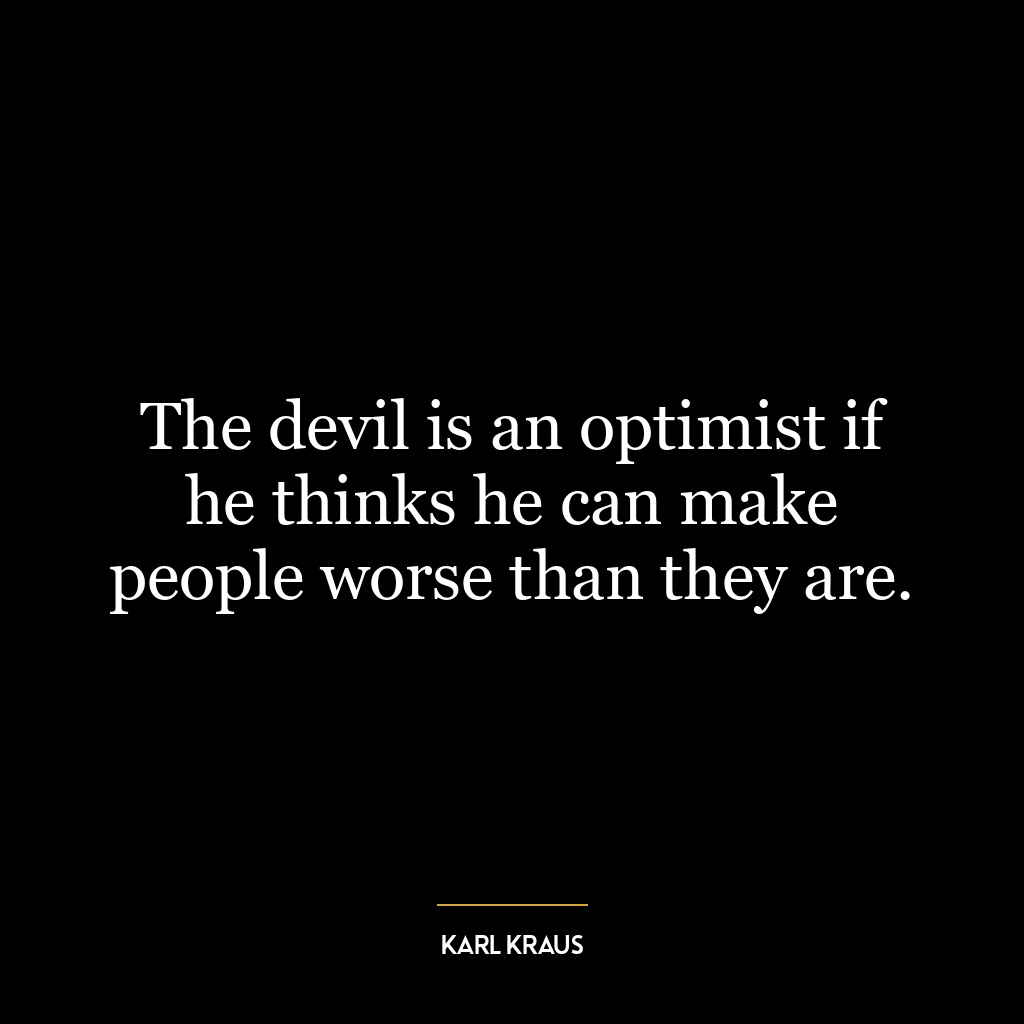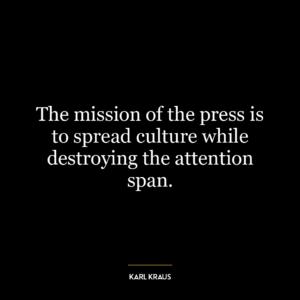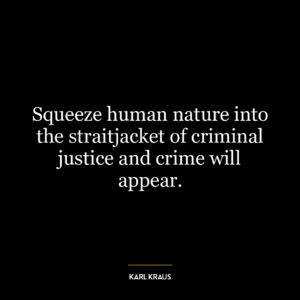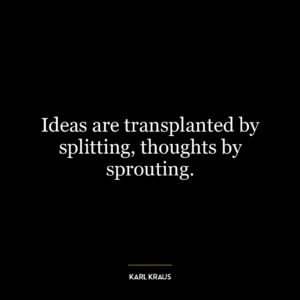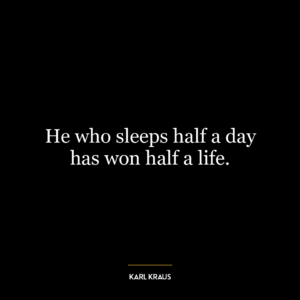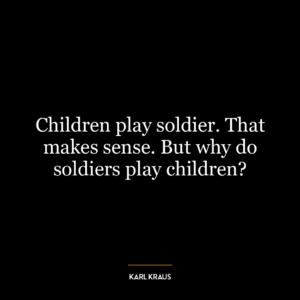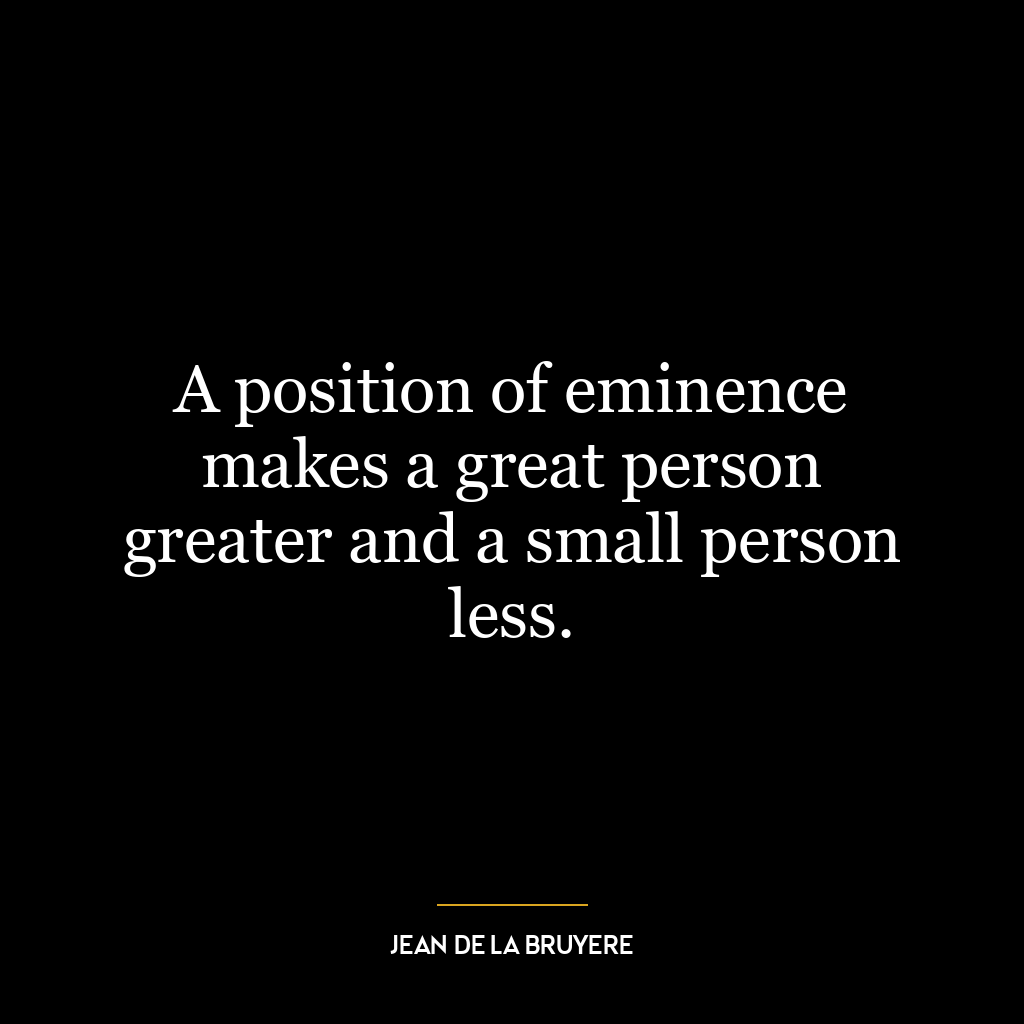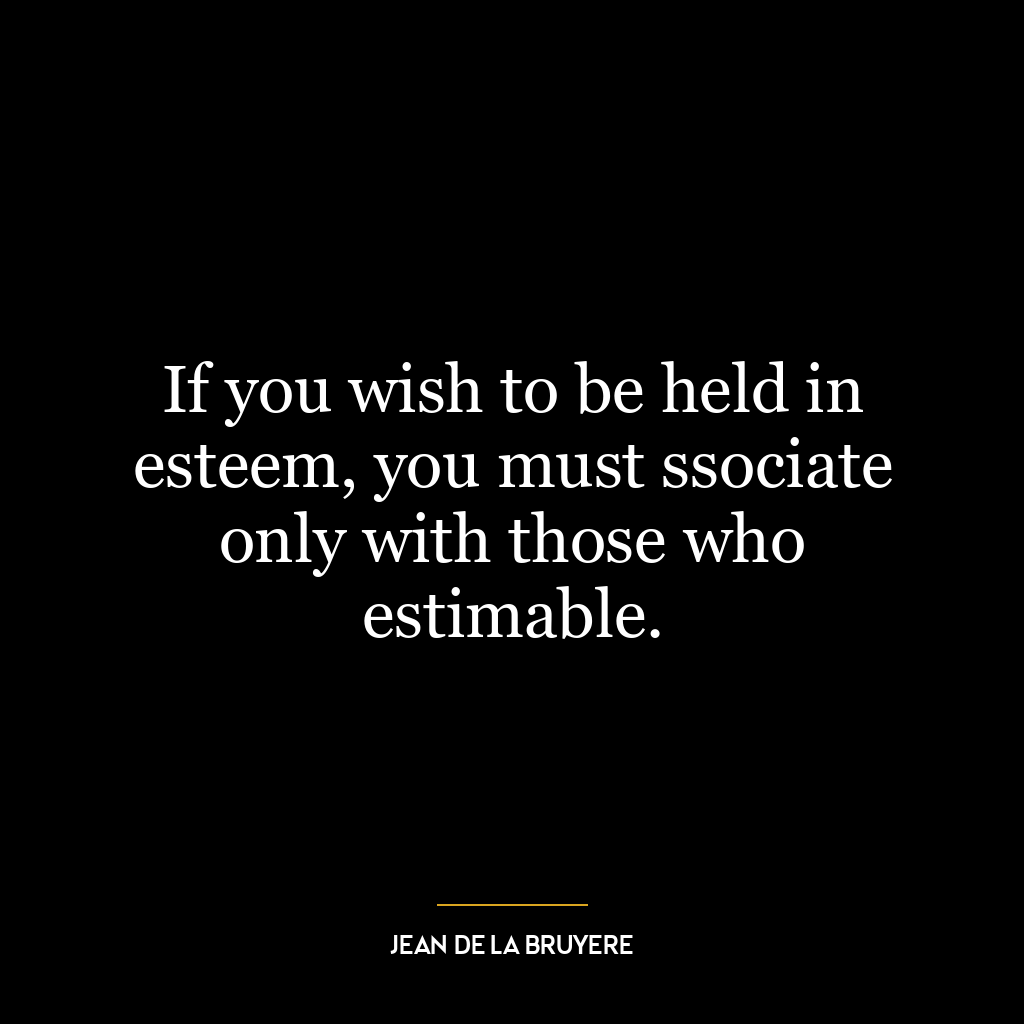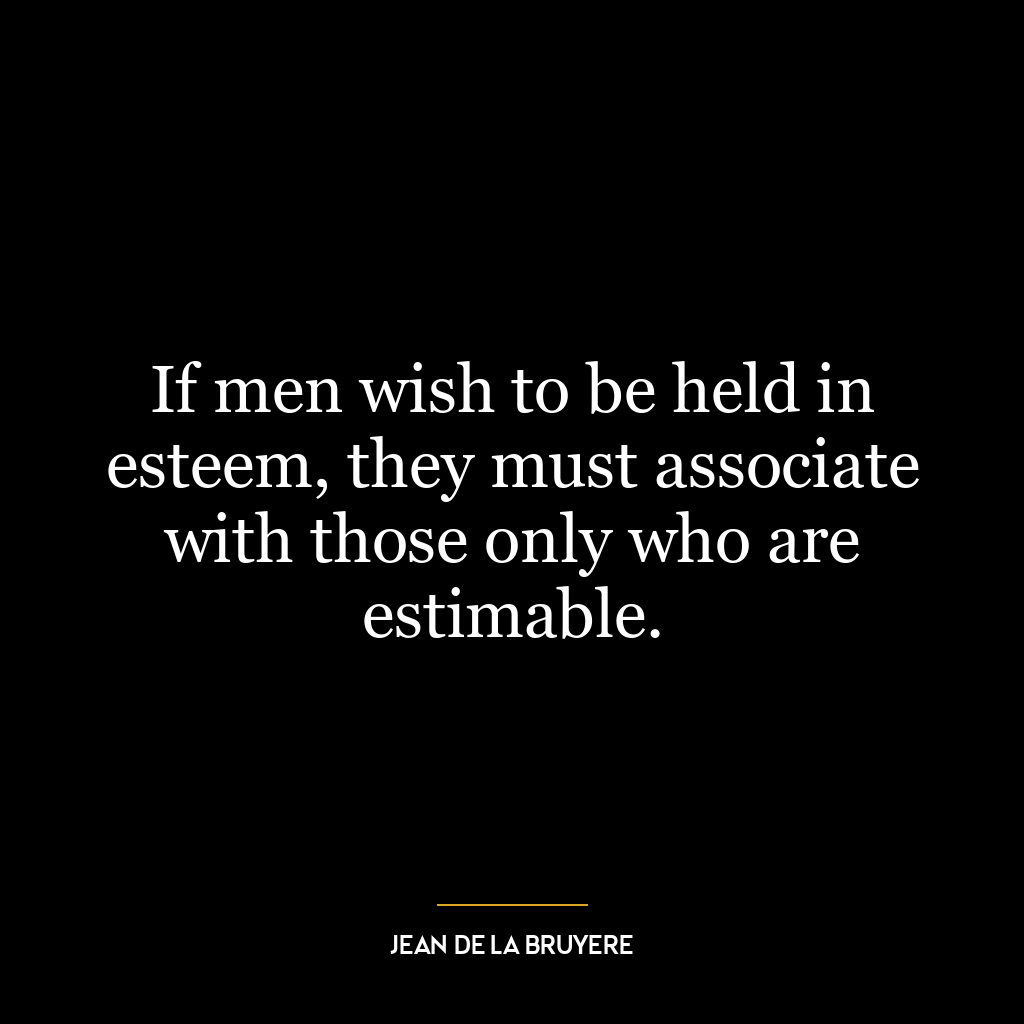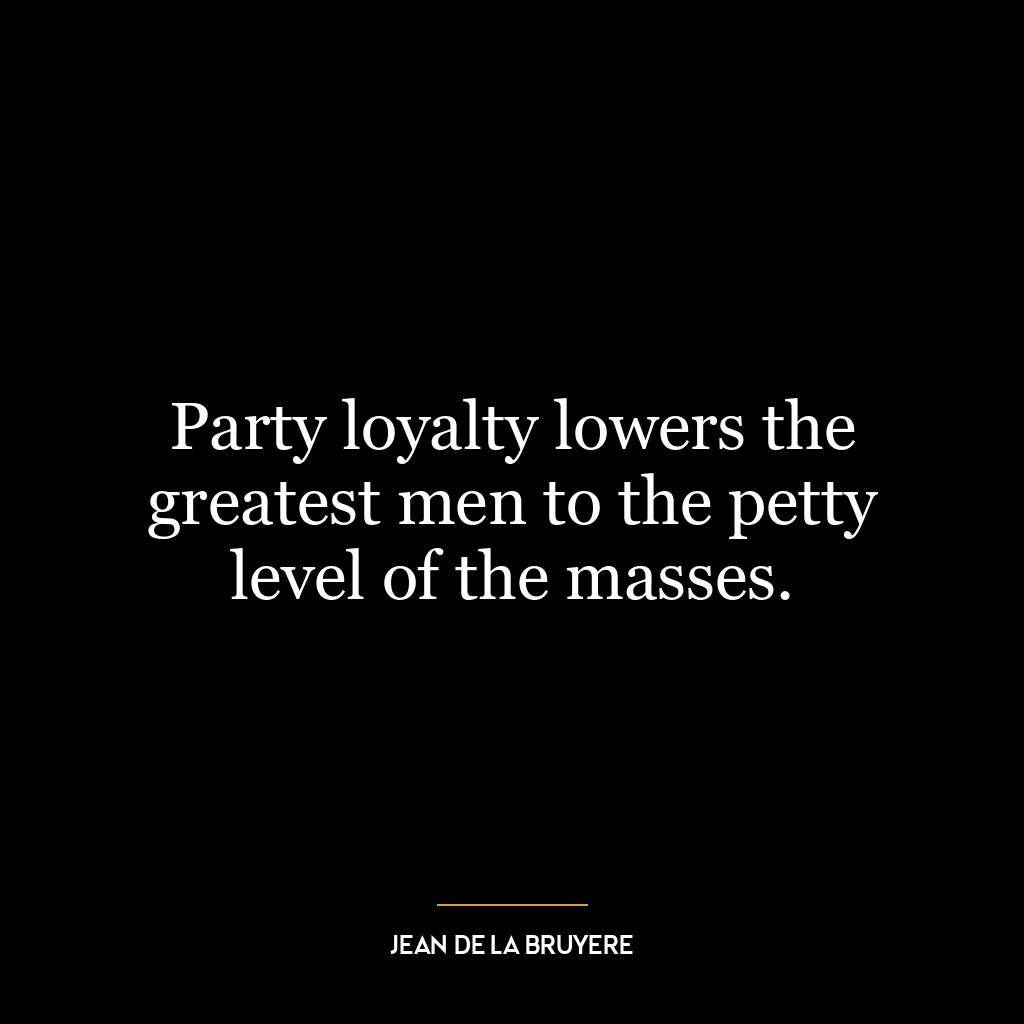The devil is an optimist if he thinks he can make people worse than they are.
This quote essentially suggests that human beings are already as flawed or ‘bad’ as they can be, and even the devil cannot make them any worse. It’s a commentary on the inherent imperfections of human nature, suggesting that we possess an innate capacity for both good and evil. The devil, often symbolizing the worst aspects of humanity, is portrayed as an optimist for believing he could further corrupt what is already flawed.
In terms of depth, this quote can be seen as a critique of the pessimistic view of human nature. It suggests that instead of viewing people as infinitely corruptible or capable of further degradation, we should recognize the limits of human imperfection and focus on our capacity for improvement.
Applying this idea to today’s world, it could be argued that society often focuses excessively on the negative aspects of human behavior, emphasizing our capacity for cruelty, selfishness, or greed. This quote reminds us that while these negative traits exist, we are not infinitely wicked or capable of endless degradation. There is a limit to our flaws, and therefore room for redemption and improvement.
In terms of personal development, this quote could inspire us to accept our imperfections and focus on our potential for growth. Instead of striving for an unattainable ideal of perfection, we should recognize our inherent flaws and work on improving ourselves within these limitations. It encourages self-acceptance, optimism, and the belief in our capacity to change and grow.

